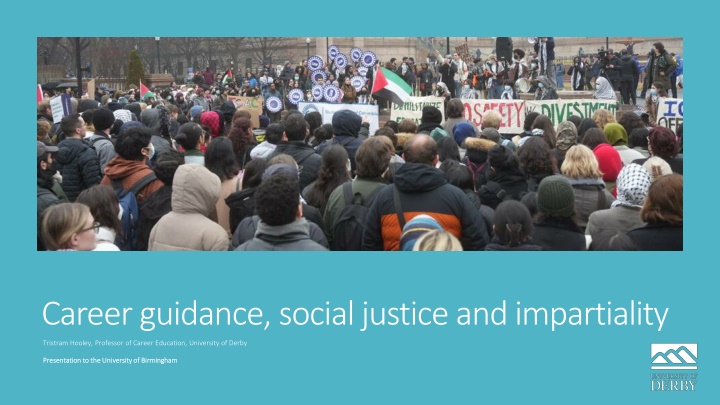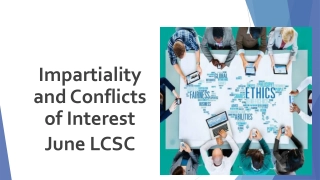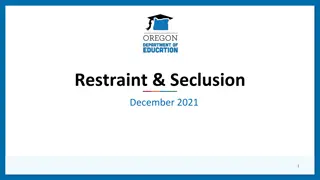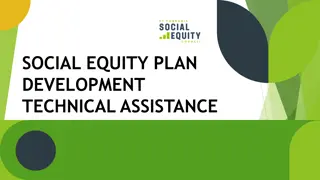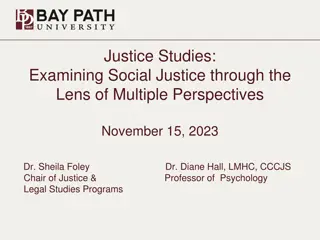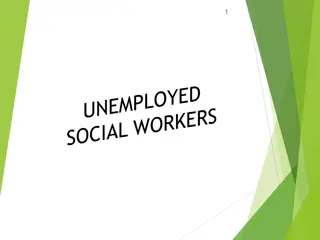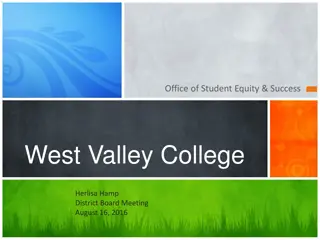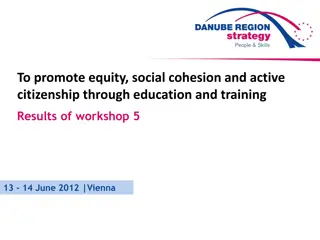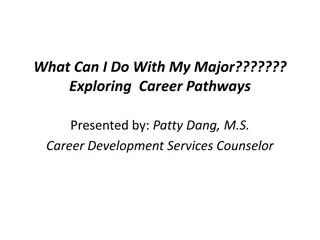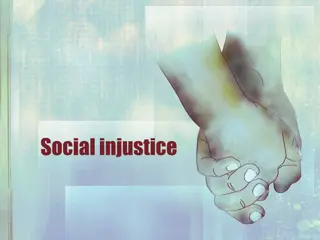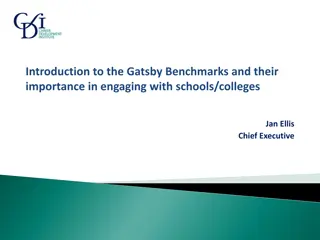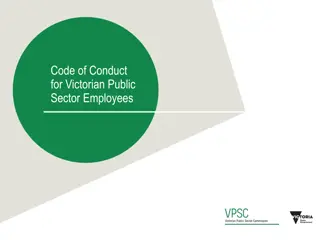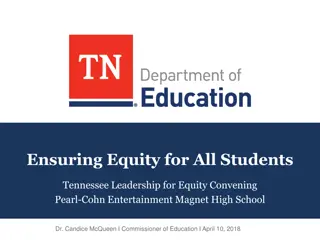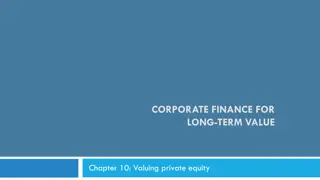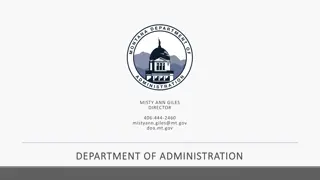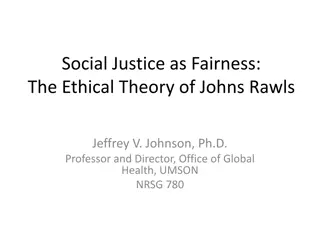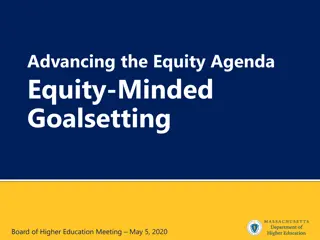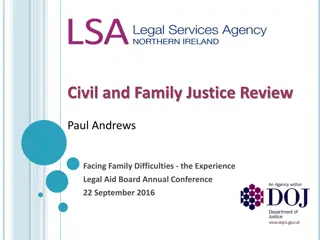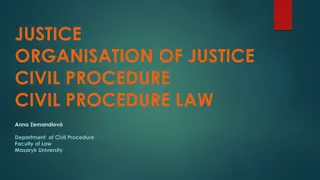Social Justice in Career Guidance: Promoting Equity and Impartiality
The presentation by Tristram Hooley highlights the importance of incorporating social justice and impartiality in career guidance to advocate for fairness and equality in individuals' career development. It emphasizes critical consciousness, challenging norms, fostering collaboration, and intervening at various levels to address injustices. By promoting impartiality, career guidance can empower individuals to make informed decisions, recognize injustices, and work towards a more equitable future.
Download Presentation

Please find below an Image/Link to download the presentation.
The content on the website is provided AS IS for your information and personal use only. It may not be sold, licensed, or shared on other websites without obtaining consent from the author.If you encounter any issues during the download, it is possible that the publisher has removed the file from their server.
You are allowed to download the files provided on this website for personal or commercial use, subject to the condition that they are used lawfully. All files are the property of their respective owners.
The content on the website is provided AS IS for your information and personal use only. It may not be sold, licensed, or shared on other websites without obtaining consent from the author.
E N D
Presentation Transcript
Career guidance, social justice and impartiality Tristram Hooley, Professor of Career Education, University of Derby Presentation to the University of Birmingham Presentation to the University of Birmingham
This is not all my own work There is a growing community of scholar, practitioners and thinkers arguing that career guidance must be a force for social jusitce. I have been especially blessed to work closely with Ronald Sultana and Rie Thomson in this area.
Career guidance Career guidance supports individuals and groups to discover more about work, leisure and learning and to consider their place in the world and plan for their futures Career guidance can take a wide range of forms and draws on diverse theoretical traditions. But at its heart it is a purposeful learning opportunity which supports individuals and groups to consider and reconsider work, leisure and learning in the light of new information and experiences and to take both individual and collective action as a result of this.
The five signposts towards socially justice career guidance Build critical consciousness Name oppression Question what is normal Encourage people to work together Work at a range of levels Help people to understand the situation, not just to react to it on a personal level. Help people see injustice and organise in solidarity to access a decent career. Spend time discussing what normality means and whether it is necessarily desirable. Facilitate social interaction and collaboration Intervene into individual, group, organisational, social and political systems.
Ambiguity Application in (different forms of) practice Challenges with impartiality Alignment of impartiality with career theory Tensions with other ethical values Practicing impartiality within partial funding regemes
My reflection I would be in favour of narrowing the terminology of impartiality to focus on the careers professionals right to support clients in a way which is independent from the institutional interests of their employer or the funders of their service. I would also argue for some rebalancing of professional ethics away from impartiality and towards transparency, as such an approach seems to me to foster an open and reflexive way of handling issues of partiality.
Furtherreading Hooley, T. (2023). Impartiality: A critical review. Journal of the National Institute for Career Education and Counselling. 50, 41-53. https://doi.org/10.20856/jnicec.5005 Hooley, T., Sultana, R. & Thomsen, R. (2018). Career guidance for social justice: Contesting neoliberalism. Routledge. Hooley, T., Sultana, R. & Thomsen, R. (2019). Career guidance for emancipation: Reclaiming justice for the multitude. Routledge. Hooley, T., Sultana, R., & Thomsen, R. (2021). Five signposts to a socially just approach to career guidance. Journal of the National Institute of Career Education and Counselling, 47, 59-66. https://doi.org/10.20856/jnicec.4709
Career guidance for social justice website https://careerguidancesoci aljustice.wordpress.com/
Study at Study at iCeGS iCeGS MA in Career Guidance and Development MA in Career Guidance and Development Focused on developing career practitioners across the sector Taught on Saturdays, Caries QCD (awarded by CDI) Full-time or part-time with an integrated placement Often funded through PG loan Contact Tom Staunton t.staunton@derby.ac.uk EdD or PhD EdD or PhD Full-time or part-time To discuss ideas for doctoral study please contact Professor Siobhan Neary (Head of iCeGS) at s.neary@derby.ac.uk. For further information https://www.derby.ac.uk/research/themes/public- services/icegs/study-with-icegs/
Final thoughts It is impossible to think about wellbeing in career, without addressing issues of inequality and oppression. The raising of political issues creates a tension for our professional value and ethics. But, simply taking refuge in the concept of impartiality won t cut it any more. So we have to think carefully and critically about how we address issues of partiality in our practice.
Thank you Tristram Hooley tristram.hooley@inn.no @pigironjoe https://adventuresincareerdevelopment.wordpress.com/ https://careerguidancesocialjustice.wordpress.com/
